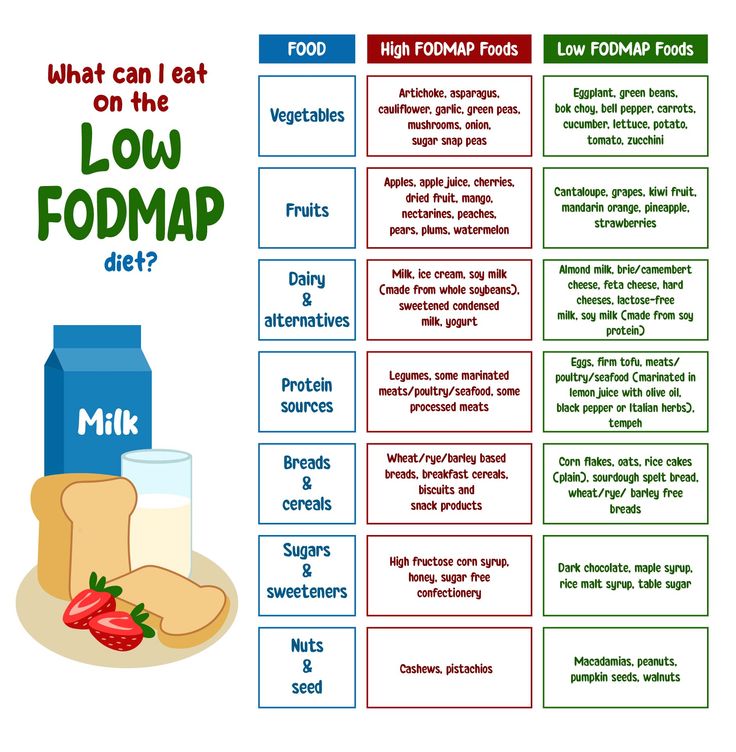The FODMAP Diet A Gut-Friendly Approach
The FODMAP diet is a dietary approach designed to reduce symptoms of irritable bowel syndrome (IBS) and other digestive disorders. FODMAP stands for Fermentable, Oligosaccharides, Disaccharides, Monosaccharides,1 And Polyols. These are types of carbohydrates2 that can be poorly absorbed in the small intestine, leading to digestive symptoms like bloating, gas, and abdominal3 pain.
How the FODMAP Diet Works
By eliminating or reducing FODMAPs from the diet, the goal is to improve digestive symptoms and overall gut health. The diet involves a phased approach:
- Elimination Phase: A strict elimination phase where all high-FODMAP foods are removed from the diet.
- Reintroduction Phase: Gradually reintroducing FODMAP foods one at a time to identify individual triggers.
- Personalization Phase: Developing a personalized eating plan based on individual tolerance levels.
Foods to Limit on a Low-FODMAP Diet
- High-FODMAP Fruits: Apples, pears, peaches, plums, watermelon, and dried fruit.
- High-FODMAP Vegetables: Garlic, onion, artichoke, asparagus, and legumes.
- Dairy Products: Milk and yogurt (unless lactose-free).
- Wheat-Based Products: Bread, pasta, and cereals.
- Processed Foods: Many processed foods contain high-FODMAP ingredients.
Foods to Include on a Low-FODMAP Diet
- Low-FODMAP Fruits: Berries, citrus fruits, and bananas.
- Low-FODMAP Vegetables: Carrots, lettuce, spinach, and zucchini.
- Gluten-Free Grains: Rice, corn, and quinoa.
- Protein Sources: Meat, poultry, fish, eggs, and tofu.
- Dairy Alternatives: Lactose-free milk and yogurt.
Tips for Following a Low-FODMAP Diet
- Read Food Labels Carefully: Check for hidden sources of FODMAPs.
- Cook at Home: Prepare meals at home to control ingredients and portion sizes.
- Experiment with Recipes: Find gluten-free and low-FODMAP recipes that you enjoy.
- Consult a Healthcare Professional: A registered dietitian can provide personalized advice.
By following a low-FODMAP diet and working with a healthcare professional, many individuals with IBS and other digestive disorders can significantly improve their quality of life.

